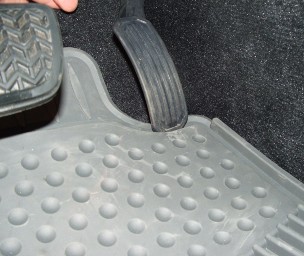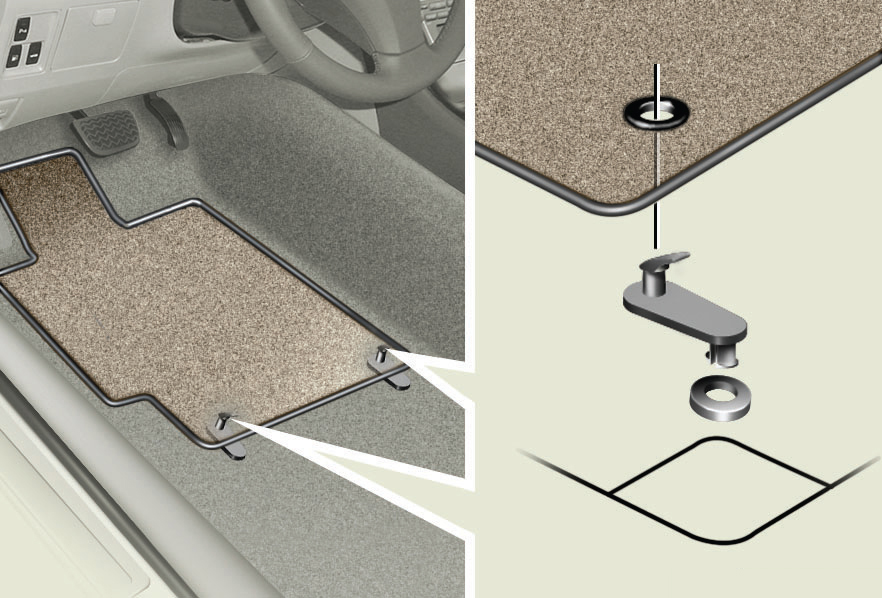In the face of continuing suggestions that random electronic interference may be causing unintended acceleration in the Toyota Prius and other vehicles, the U.S. Department of Transportation has asked for independent studies on the topic from two scientific organizations.
Despite multiple recalls of Toyota and Lexus vehicles for floormat interference and sticky accelerator-pedal mechanisms, as well as at least one investigation revealing driver error, questions persist over whether the causes of "unexpected acceleration" are fully identified.
The DoT has asked the National Academy of Sciences and the National Aeronautics and Space Administration (NASA) to investigate whether rogue electronic signals could be interfering with control systems in vehicles made by Toyota, and by other carmakers as well.
NASA scientists who research electromagnetic interference, electronic systems, and software will assess the interplay among hardware design, software, and their susceptibility to external electromagnetic signals, for the National Highway Traffic Safety Administration (NHTSA).

Loose all-weather floor mat jams accelerator pedal. Photo: NHTSA

Toyota's diagram showing how to properly install floor mats
They will also make recommendations to the NHTSA on the adequacy of its research, defect investigations, and rulemaking for new and emerging safety threats. NASA's study should be done by late summer.
The NHTSA came under widespread criticism, including from members of Congress, after it said it had no electrical engineers or software engineers on staff--a statement later slightly revised to two EEs by DoT secretary Ray LaHood in Congressional testimony.
Separately, the National Academy of Sciences will embark on an 15-month, peer-reviewed study of the phenomenon of so-called "sudden acceleration" and electronic vehicle control systems.
Toyota said it welcomed the studies and would cooperate fully with them, providing assistance as necessary. Total cost to the DoT of the two separate studies is likely to be about $3 million.













